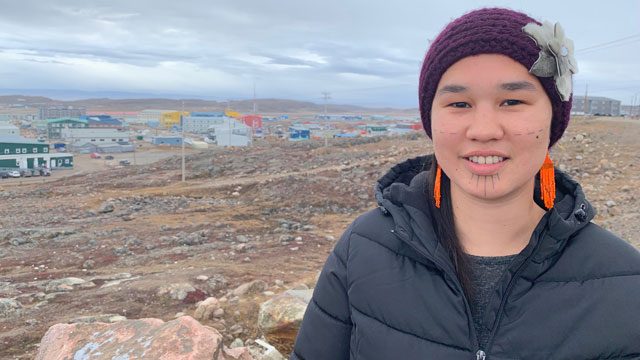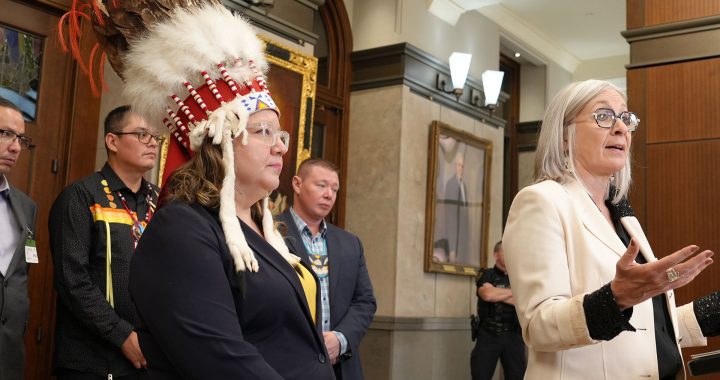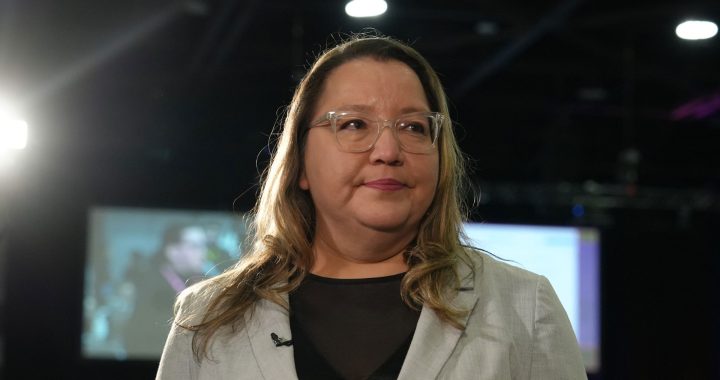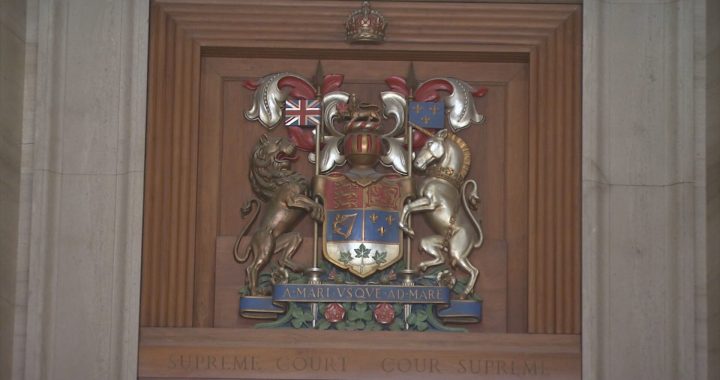
NDP MP Mumilaaq Qaqqaq says the novel coronavirus pandemic has proven to everyone that jobs typically viewed as less essential than others before the pandemic are deserving of a living wage.
“When we are talking about these positions now we can see that they are a very important part of our society, of our economy, of making sure that people can continue their day-to-day lives,” said Qaqqaq.
“So I hope we have a new normal after this pandemic where we see those positions getting the benefits that they should, being paid a liveable wage and being treated as they should have been because we have proof now that we need these positions in order for our country, our territories and provinces to continue.”
She said the pandemic has also put a spotlight on other gaps.
“We’re seeing glaring gaps for Indigenous peoples, for students, for seniors, our elders – the gaps that were already there, they have been amplified,” said Qaqqaq. “There’s a spotlight on them now.”
Nation to Nation also spoke to Cindy Blackstock and where she gets some of her inspiration to fight for First Nations children.
It begins over a 100 years ago when the late Dr. Peter Henderson Bryce called residential schools a national crime and that conditions in the schools were leading to illness and death.
Bryce recommended broad reforms.
But he wasn’t listened to and died in relative obscurity.
He’s buried in Ottawa and every year his gravesite is spruced up, weeds are pulled and new flowers planted.
And it’s led by Blackstock, the executive director First Nations Child and Family Caring Society.
“He kept on speaking out even when the government of Canada retaliated against him. He kept speaking to anyone who would listen to try and save these children’s lives,” said Blackstock.
Sound familiar?
See both interviews with Qaqqaq and Blackstock below.












